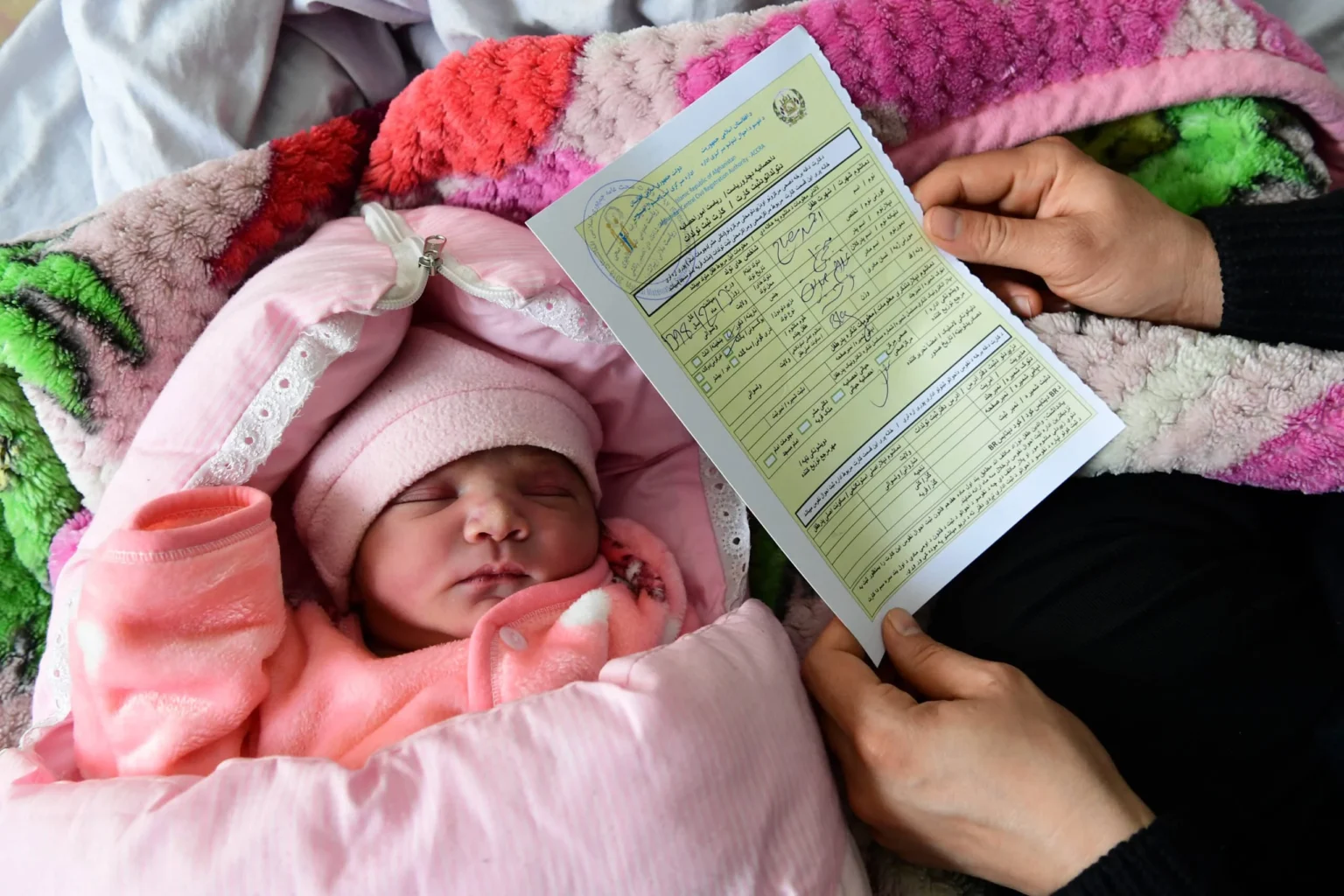Islamabad, Apr 3, 2025: The low birth registration rates for girls in Khyber-Pakhtunkhwa (K-P) can be attributed to a combination of factors.
Including limited access to registration centers, particularly in remote and underserved areas, and deep-rooted social biases that restrict women’s mobility and access to services.
These factors not only contribute to the lack of legal identity for girls but also expose them to numerous risks such as child marriage, exploitation, trafficking, and abuse.
Without a birth certificate, girls are unable to benefit from essential services like education, healthcare, and vaccination programs.
The situation in K-P is particularly concerning, as the province has the lowest birth registration rate in Pakistan, with only 30% of children under five being officially registered. Gender-specific disparities further highlight the issue.
READ MORE:
How Much Debt Every Pakistani Owes From Birth
With only 29% of girls born in the province being registered, a stark contrast to the 42% registration rate for boys. In other provinces, birth registration rates for both genders are more balanced, which underscores the specific barriers faced by girls in K-P.
Experts, such as Professor Dr. Anoosh Khan from the University of Peshawar, argue that the reluctance to register girls’ births is driven by cultural attitudes that undervalue girls’ potential contributions to society.
This mindset, compounded by a lack of education and awareness, leaves girls without access to basic rights such as education, inheritance, and voting. Additionally, unregistered births distort demographic data, which in turn affects resource allocation and national planning.
The situation is even more complex in the merged areas of K-P, where historical isolation from mainstream governance and mistrust of authorities hinder efforts to promote birth registration rates.
These communities, previously neglected by the government, are less likely to engage with official processes like birth registration, further perpetuating the cycle of exclusion.
Children’s rights activist Imran Takkar calls for a collaborative approach involving the government, NGOs, and local communities to ensure that every child, regardless of gender or location, is registered at birth.
Integrating birth registration rates with essential services like healthcare and education, especially in conflict-affected areas, is seen as a critical step towards addressing this issue and improving registration rates across K-P.
